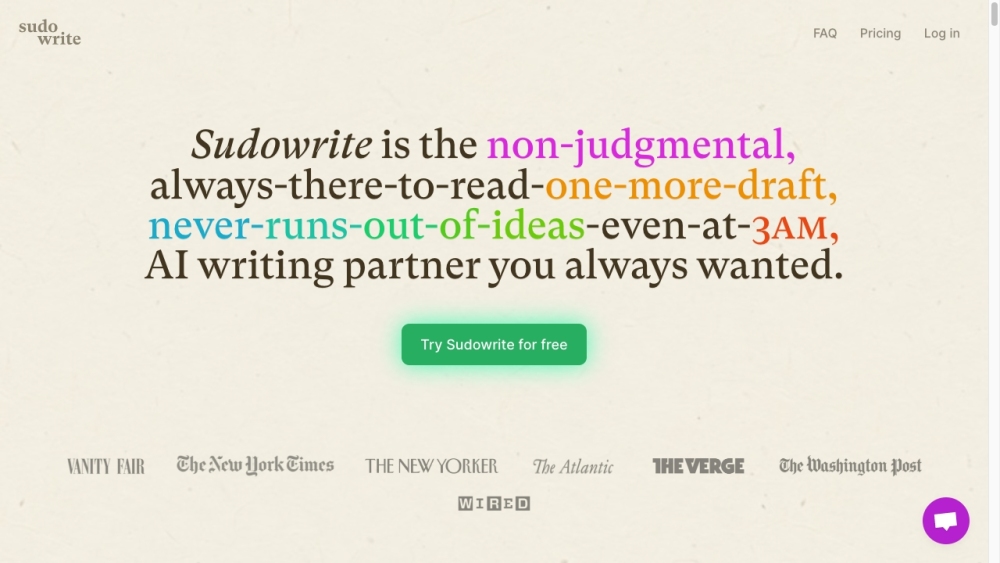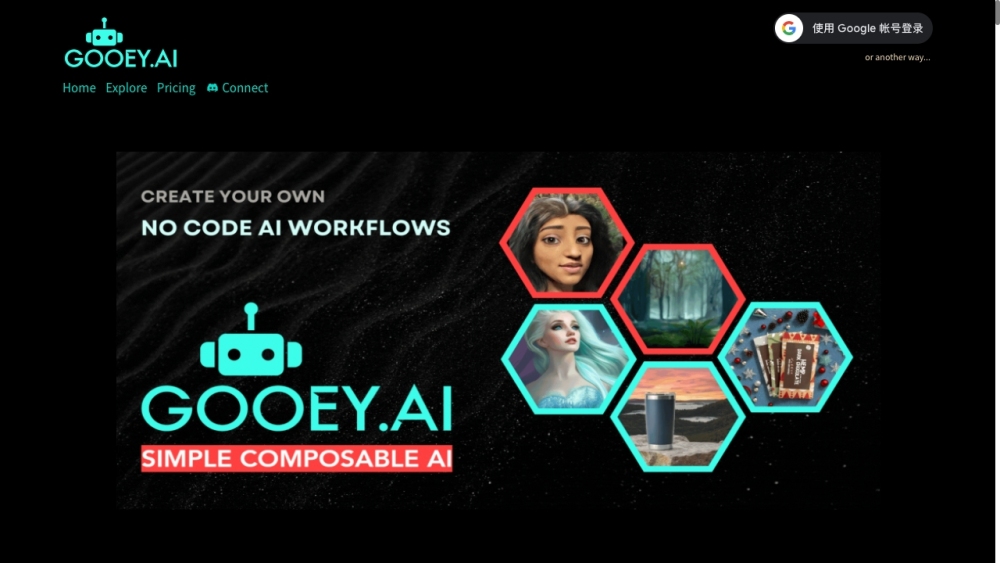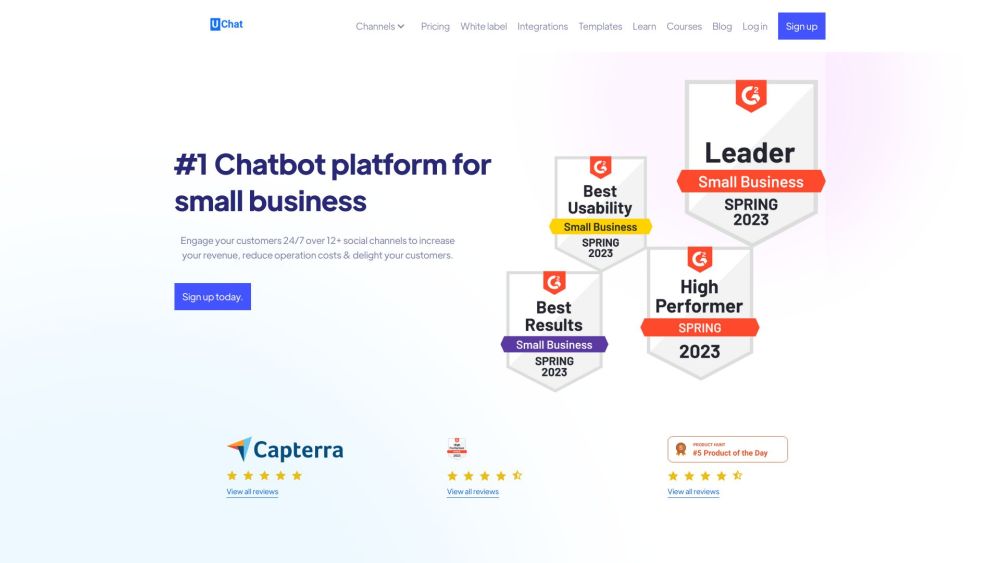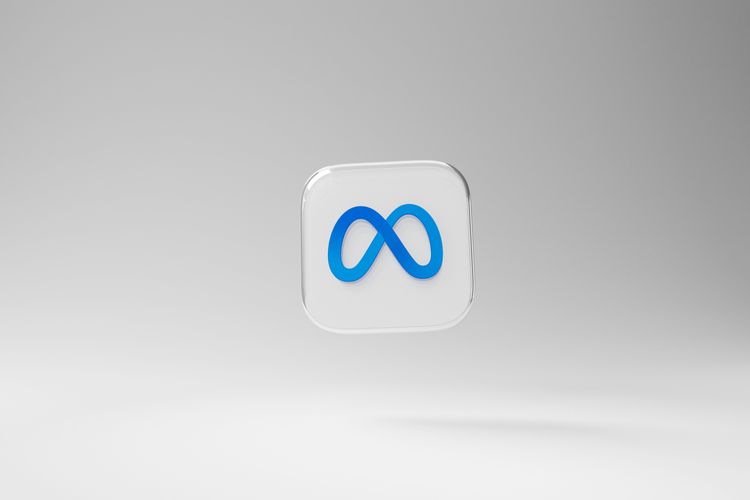As the demand for generative AI surges, ensuring its safe and reliable deployment is more crucial than ever. Enterprises seek to develop large language model (LLM) applications that consistently produce high-quality outputs while avoiding potential pitfalls.
In response, Microsoft has unveiled new Azure AI tools designed to tackle issues like automatic hallucinations—common in generative AI—and security threats such as prompt injection, where attackers manipulate the model into generating harmful or personal content, exemplified by deepfakes created using Microsoft’s AI image generator.
Key Features of Microsoft’s New Offerings
Currently in preview, these enhancements to Azure AI are expected to be widely available in the coming months, though a specific release date has not been provided.
Prompt injection attacks can compromise security by allowing malicious actors to alter input prompts to bypass normal model operations, including safety controls. Microsoft addresses both direct interactions and indirect methods—like using malicious webpages—by integrating Prompt Shields into Azure AI. This advanced feature employs machine learning (ML) algorithms and natural language processing to analyze prompts and third-party data for malicious intent, blocking harmful inputs before they reach the model.
Prompt Shields will work with three AI offerings from Microsoft: Azure OpenAI Service, Azure AI Content Safety, and Azure AI Studio.
Enhancing Reliability and Safety
Beyond blocking prompt injection attacks, Microsoft is committed to enhancing the reliability of generative AI applications. New tools include prebuilt templates for safety-centric system messages and a feature called “Groundedness Detection.”
The prebuilt templates assist developers in creating system messages that promote safe, responsible, and data-driven outputs. Groundedness Detection employs a fine-tuned custom language model to identify hallucinations or inaccuracies in generated text. Both features will be integrated into Azure AI Studio and Azure OpenAI Service.
Additionally, the Groundedness metric will come with automated evaluations, allowing developers to stress-test generative AI applications for risks and safety concerns. These evaluations assess the likelihood of the app being exploited and producing inappropriate content, providing natural language explanations to help developers develop effective mitigations.
Sarah Bird, Chief Product Officer of Responsible AI at Microsoft, emphasized that many organizations lack resources for comprehensive stress testing of generative AI applications. Creating high-quality test datasets that reflect emerging risks like jailbreak attacks is challenging, and interpreting evaluation results can often be complex.
Real-Time Monitoring for Production Apps
Once applications are in production, Microsoft will offer real-time monitoring features. These tools will track input and output interactions that trigger safety mechanisms like Prompt Shields. Available through Azure OpenAI Service and Azure AI Studio, this monitoring provides detailed visualizations of blocked user inputs and model outputs, categorized by severity.
Such visibility allows developers to identify harmful request trends over time, enabling them to refine content filters and controls to enhance application safety.
Microsoft has been enhancing its AI offerings, initially focusing on OpenAI's models before expanding to partnerships with other companies like Mistral. The recent addition of Mustafa Suleyman and the Inflection AI team represents a strategic effort to diversify its AI capabilities.
With these new safety and reliability tools, Microsoft aims to empower developers to build secure generative AI applications, reinforcing its commitment to trusted AI solutions—an essential requirement for enterprises navigating this rapidly evolving landscape.







